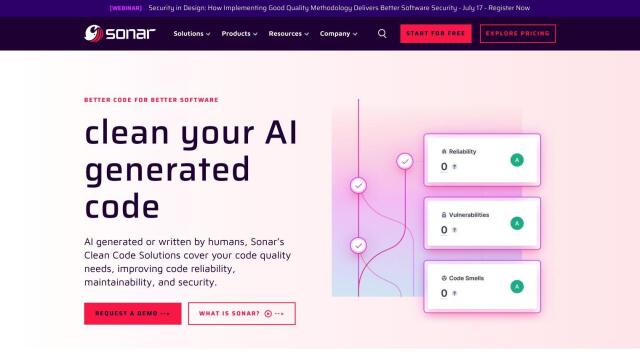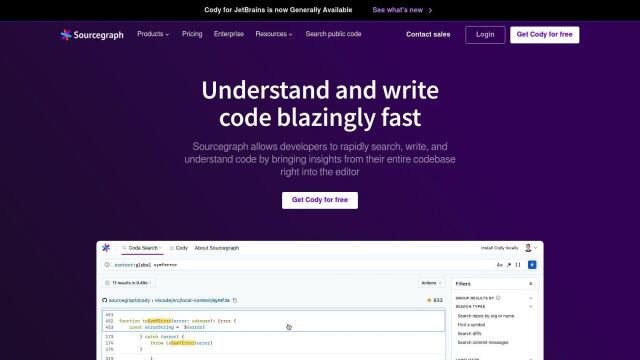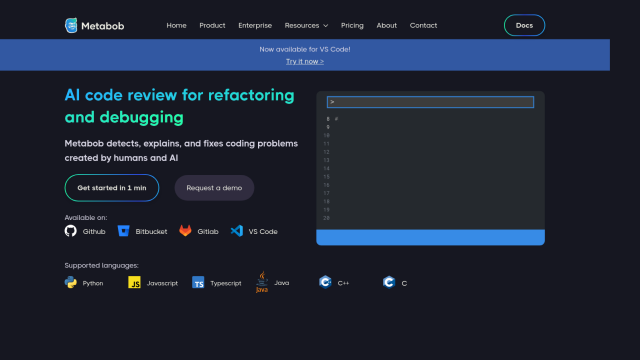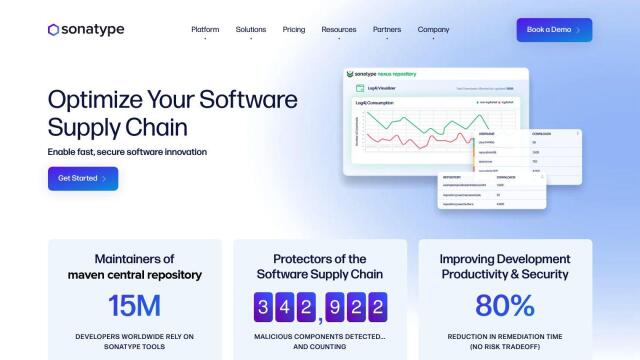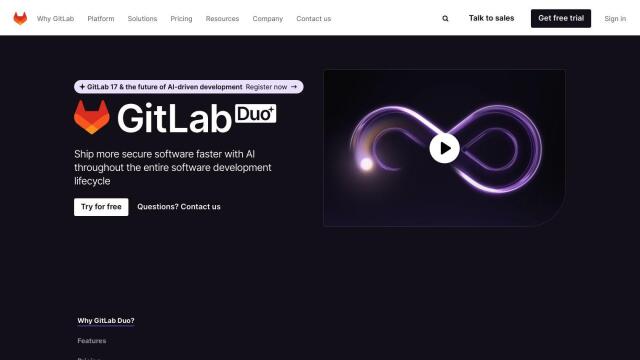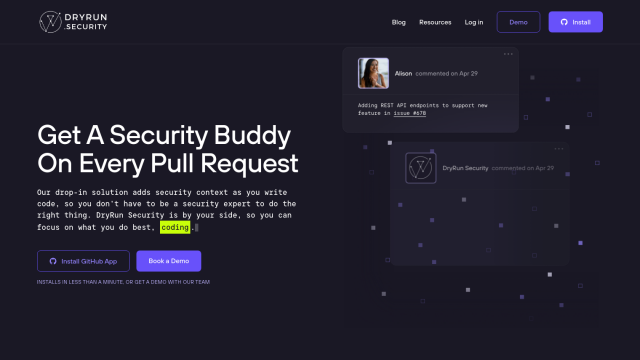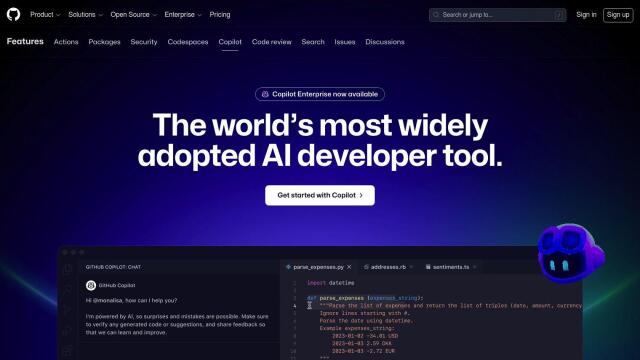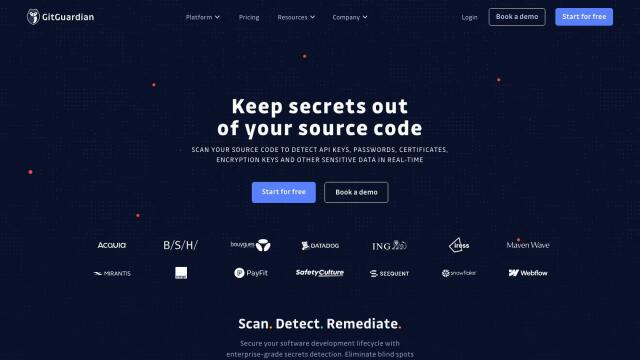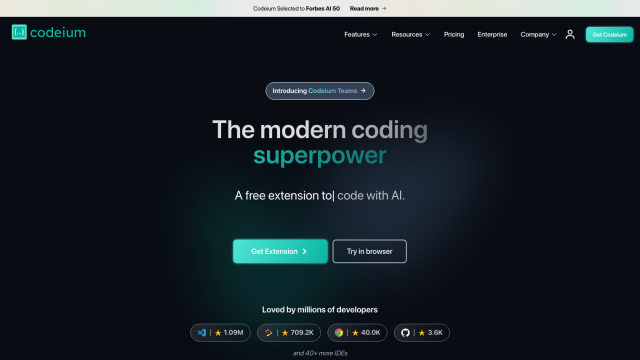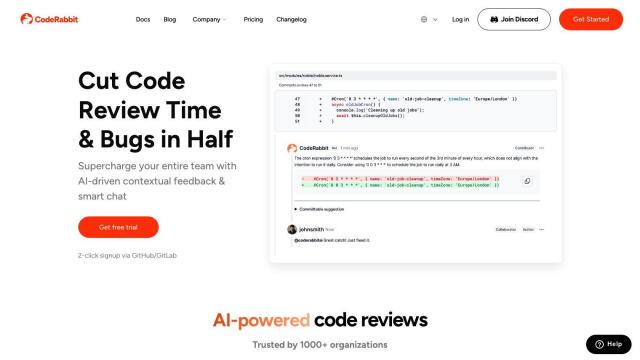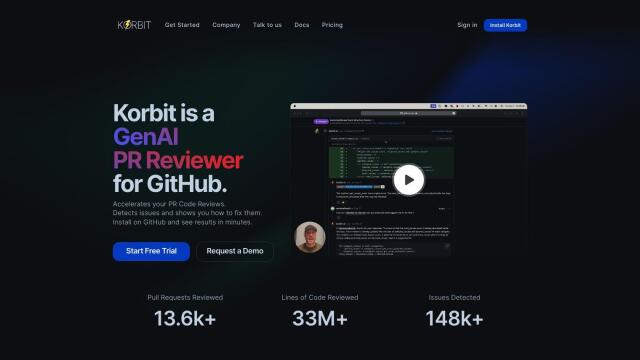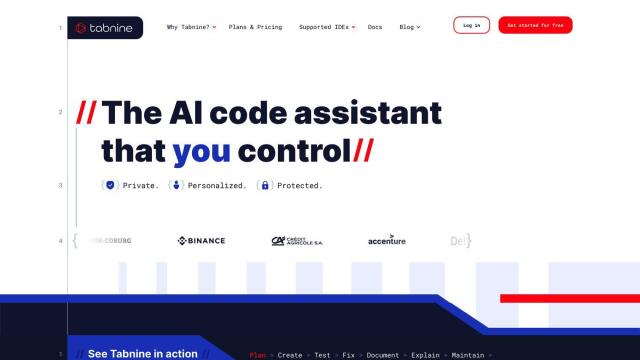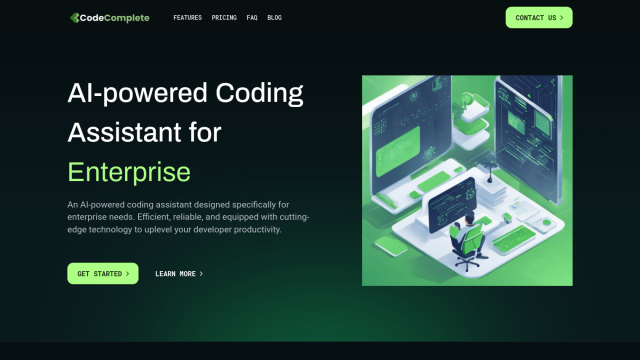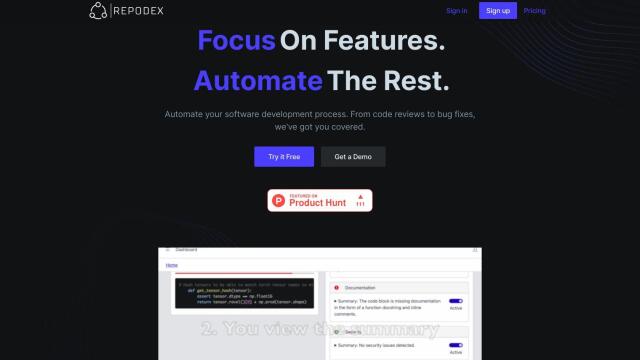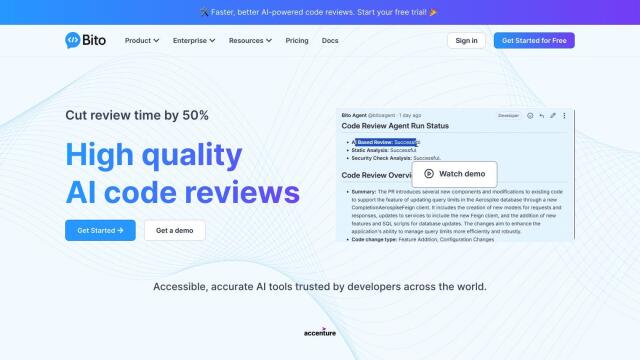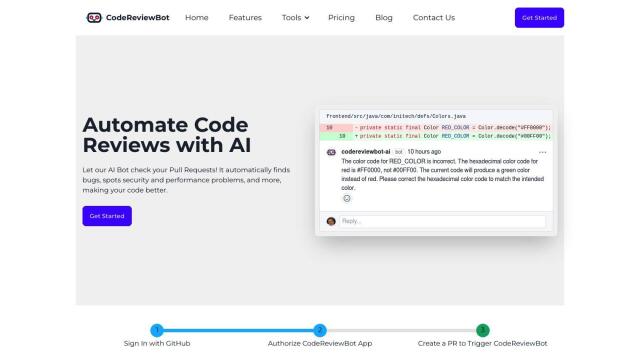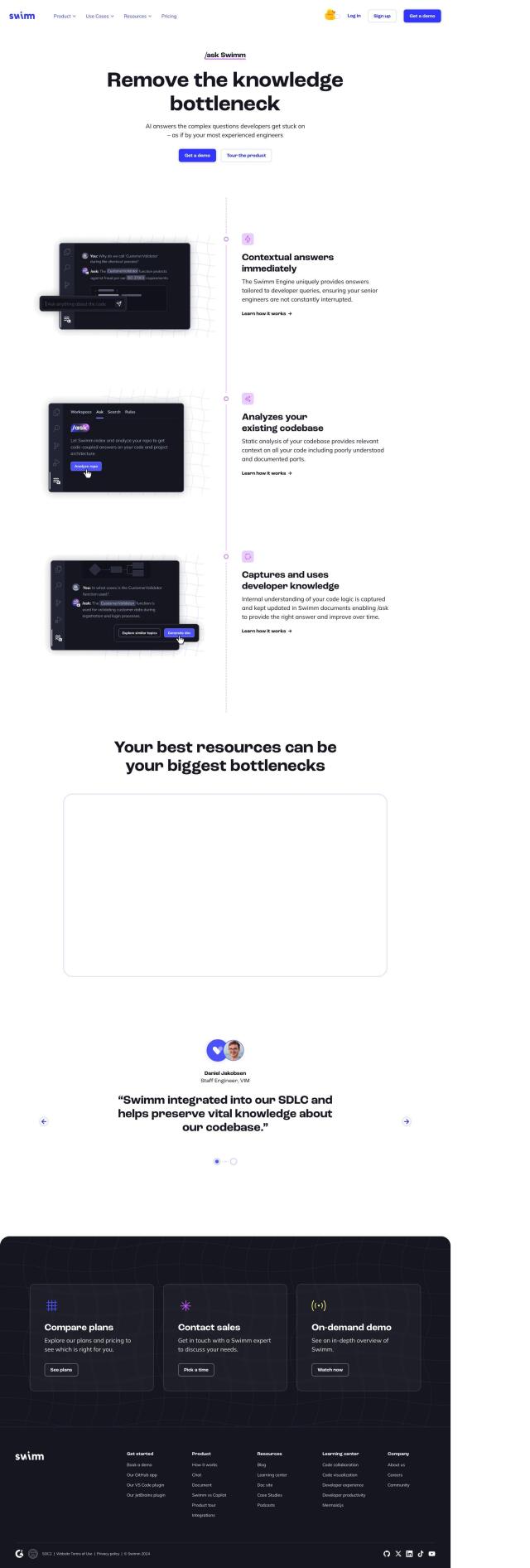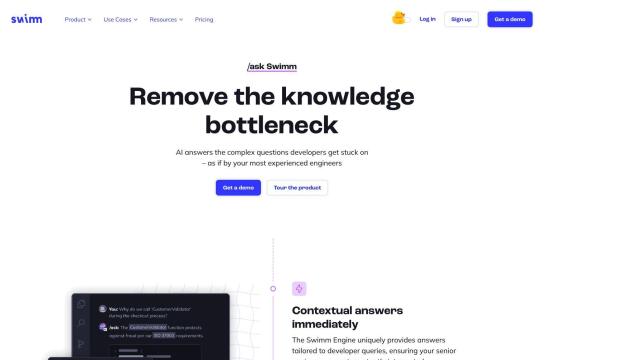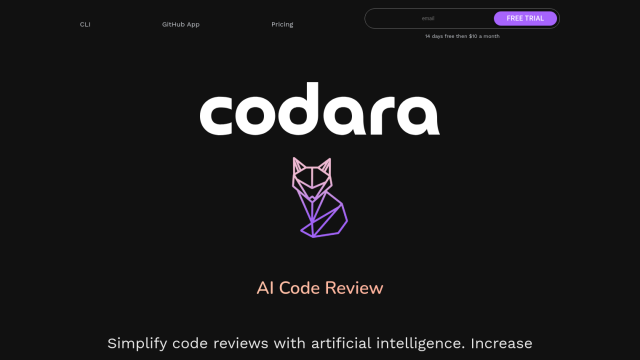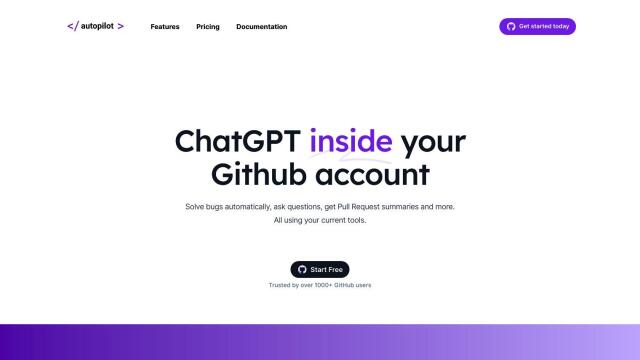Question: Can you suggest a tool that provides codebase intelligence and identifies security vulnerabilities, slow code, and dead code in our enterprise codebase?

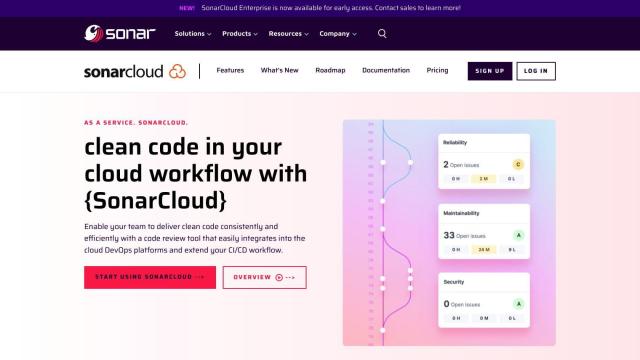
Sonar
If you're looking for a broad tool that offers codebase intelligence and security vulnerability scanning for slow code and dead code, SonarCloud is a good option. It offers automated code analysis, more advanced developer security tools, and support for more than 30 programming languages and frameworks. It can be integrated with services like GitHub, Bitbucket, Azure DevOps and GitLab, letting you share configurations and get unified results. SonarCloud includes features like secrets detection and static application security testing (SAST) to help you write code securely, and it's a good option for enterprises managing a codebase.

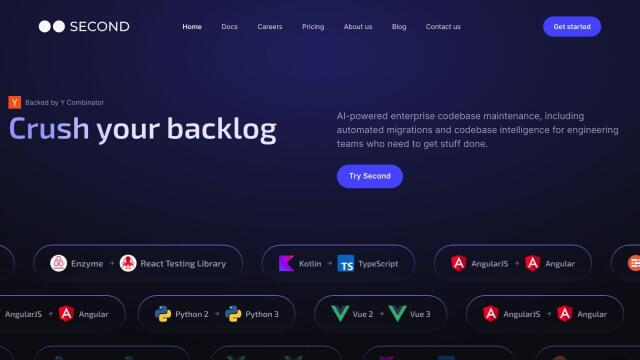
Second
Another good option is Second, an AI engineering platform that's geared to help maintain large enterprise codebases. It automates tasks like migrations and code reviews, and offers codebase intelligence to find security vulnerabilities, slow code and dead code. Second doesn't store or train on code, so it can maintain data privacy, and it's SOC 2 Type II compliant for strong security and scalability. It can be integrated with widely used tools and services, and it's a good option for enterprises.

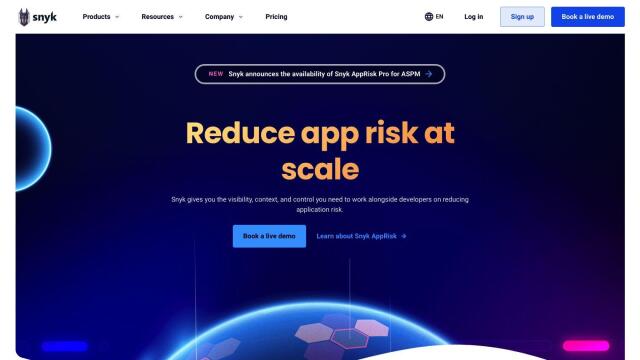
Snyk
If you're looking for a developer security platform that's geared to vulnerability discovery and remediation, Snyk is worth a look. It offers continuous vulnerability scanning, remediation advice and support for a variety of languages and tools, including Docker, Kubernetes and CI/CD pipelines. Snyk's hybrid AI-powered results are designed to be fast and comprehensive, and it's a good option for large enterprises.

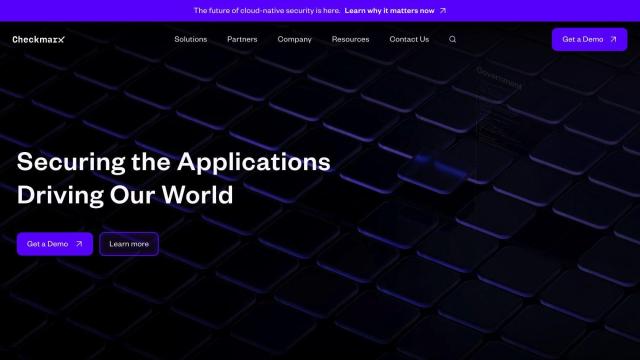
Checkmarx
Finally, Checkmarx offers a suite of application security testing tools that includes SAST, DAST, SCA and more. It's designed to help you centralize and manage application security, with a unified interface for developers and security teams. Checkmarx's powerful platform is designed to find and fix vulnerabilities throughout the application development lifecycle, and it's a good option for enterprises.

